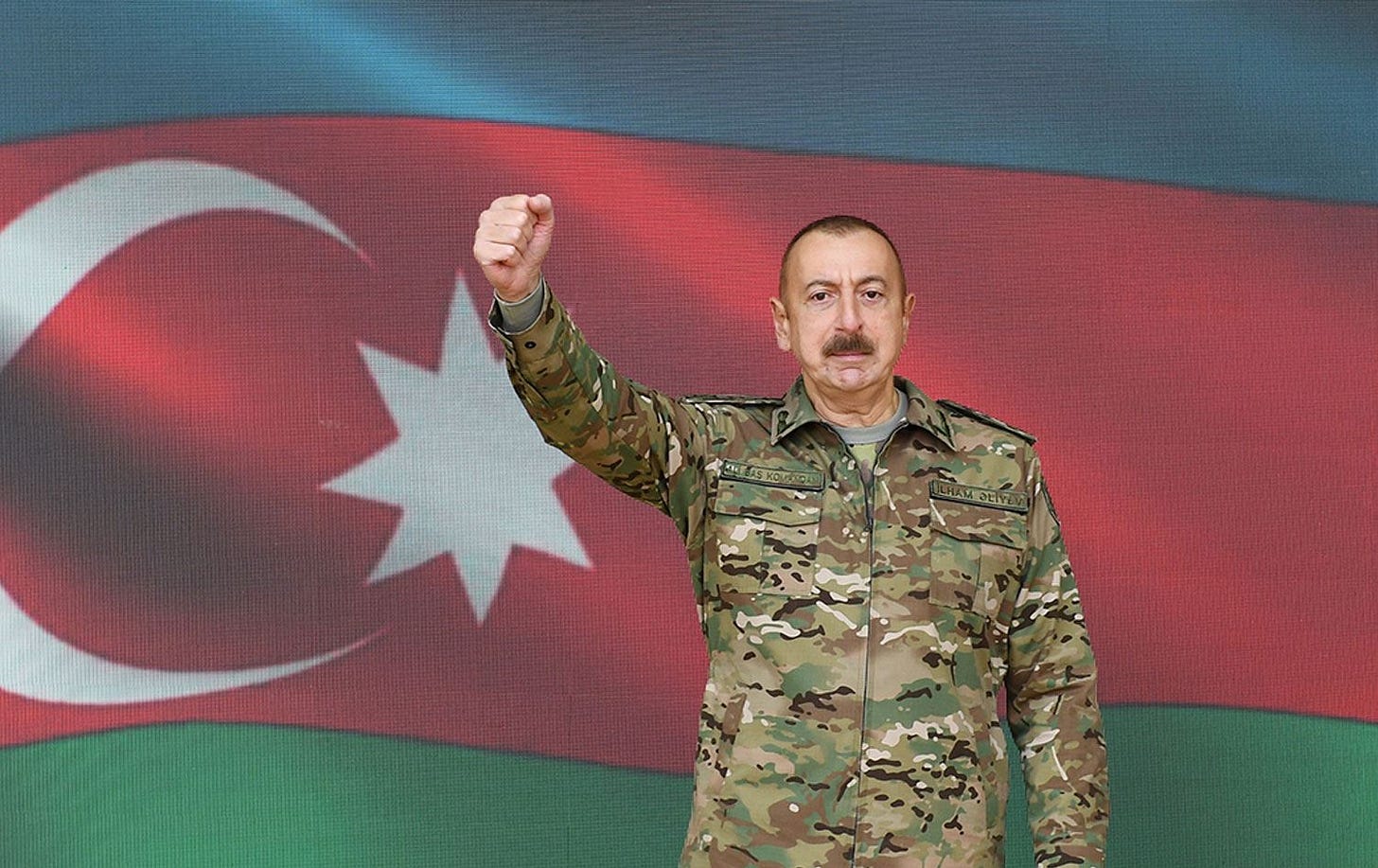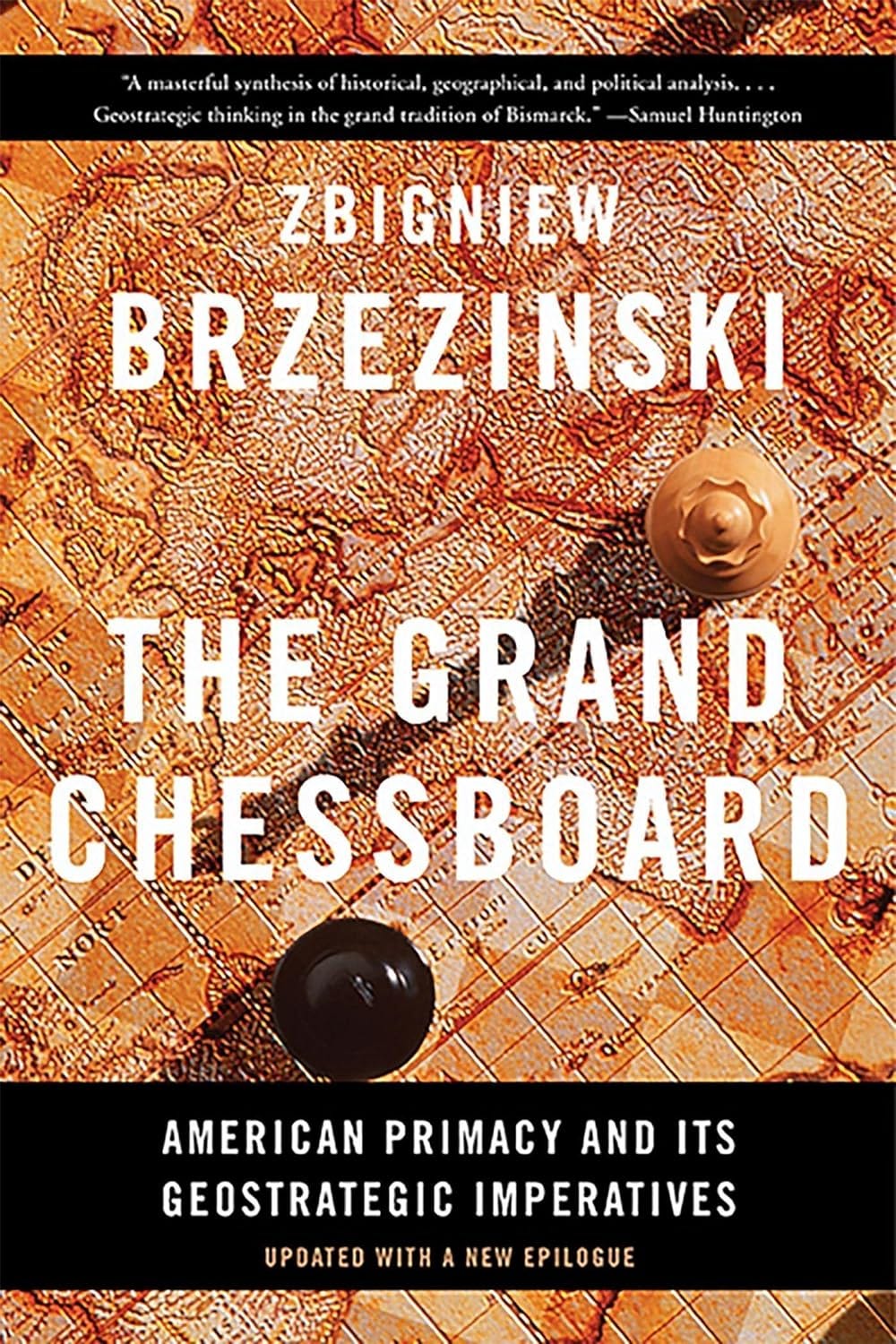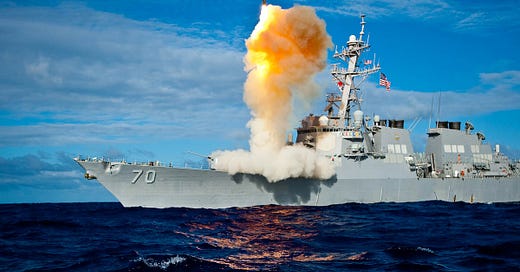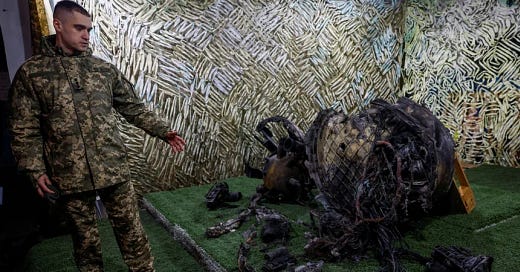
Discover more from Weapons and Strategy
Will the US get into another war, this time in Armenia?
The Russians are scrambling to block the US and NATO
Nikol Pashinyan, Armenia’s Prime Minister, has decided to align Armenia with the United States, maybe also with NATO. Accordingly, he has arranged anti-Russian protests in Yerevan, and carried out military exercises with the United States. It is unlikely the Russians will allow him to make deals with Washington.
Armenia, a country with around 3 million people, is wedged between Azerbaijan, Türkiye, Iran and Georgia. While Armenia's historical enemy is Türkiye, in recent years Armenia has been involved in supporting ethnic and religious Christian Armenians living in Nagorno Karabakh.
Armenia has considerable support in the United States, especially due to the Armenian genocide carried out by Türkiye (1894-1896, 1915-1918) that took the lives of 1.5 million Armenians. Almost 400,000 Armenians live in the United States.
Nagorno Karabakh is a landlocked region in the South Caucasus within the mountainous range of Karabakh, lying between Lower Karabakh and Syunik and covering the southeastern range of the Lesser Caucasus mountains. The area is territorially part of Azerbaijan and is recognized as such. The Armenians had purged the region of ethnic Azeris, destroying homes, farms, mosques and even cemeteries, and driving tens of thousands of local Moslems out of the country. In 2020 war broke out leading to a significant Azeri victory, and a defeat for the Armenian government headed by Pashinyan. He blamed the defeat on the lack of support from Russia, although he agreed to a settlement brokered by Vladimir Putin that placed Russian peacekeepers around the Lachin corridor protecting the Nagorno Karabakh capital, Stepanakert.
Recently, according to Azerbaijan, Armenia had moved forces into the region and had started shelling Azerbaijani positions, leading to an Azeri military operation in a so-called anti-terror campaign. Armenia agreed to a ceasefire brokered again by the Russians, but the situation remains highly unstable.
On Wednesday, September 20th, Russian peacekeepers in Nagorno Karabakh came under small arms gunfire and were all killed. Clearly intended as a provocation aimed at the Russians, it is likely the shooting was carried out by pro-Armenia forces. A joint investigation has been launched by Russia and Azerbaijan.
Observers in Moscow and in Europe believe that the Armenian leader precipitated the latest conflict to drive the Russians out of Nagorno Karabakh, or at least to blame the Russians for the trouble.
Under the ceasefire terms it seems that the pro-Armenia fighters in Nagorno Karabakh are required to give up their weapons. It is still too early to tell if this will happen.
Whether Russian peacekeepers will remain in Nagorno Karabakh is uncertain, although the Russians are clearly worried about the budding romance between Armenia and the United States, led by Pashinyan. Pashinyan had called already for the United States to intervene, an invitation Washington did not take up. Instead Washington, like Russia and others, condemned the renewed fighting.
It is in Azerbaijan's interest for the Russians to stay in Nagorno Karabakh, since their presence blocks, for the most part, any serious effort by the United States to set up a base in Armenia. Likewise it is in Iran's interest, since a US base would directly threaten Tehran. If the Russians would decide to pull out there is reason to think that Iran would step in, using its increasingly large ground forces.
The wild card is the United States. Should the US push to set up a military base in Armenia, the Russians will not sit still, any more than they sat still for Ukraine's move to join NATO. The country, originally part of the former Soviet Union, is well within Russia's sphere of influence. Moreover, Russia is increasingly alarmed by the US and NATO ambition to expand in Ukraine, the Caucasus and Central Asia. A. Singh explains that "the Grand ChessBoard theory of (Zbigniew) Brzezinski states that in order to sustain its position as a global hegemon, the US needs to control and manage Eurasia." The US is again stirring the pot in Georgia, in Uzbekistan and elsewhere (now including Armenia).
Pashinyan's plan seems to be to seek aid and support from the United States and blame the Russians for the "loss" of Nagorno Karabakh. Whether he can pull off such a maneuver remains to be seen. It is unlikely Russia will stand by and watch this happen.
Will the US go ahead and put US troops in Armenia? Would it lead to a direct conflict with Russia?



















Michel, I agree with your analysis. I am not sure the US is ready to do much with or for Armenia. As for Karabakh, I think its fate is sealed.
Incidentally, it appears I may have been wrong about who killed the Russians on Wednesday the 20th. Azerbaijan's leader has called Russian President Putin and apologized, and also offered compensation to the families. It seems they mistook the vehicle for Armenian and thought it was a threat.
As Barack Obama supposedly said about his V.P., "Never underestimate Joe's ability to f#@k things up!"
Not that Joe is in charge of much of anything, but his national security team (Blinken, Nuland, Sullivan, Austin, etc) are just as capable of 'f#@king things up.' Based on their performance of the last two years, I wouldn't be surprised by anything these clowns try to pull off.
They would view an Armenian adventure as part of their grand plan to 'overextend' Russia. And how has that worked out so far?